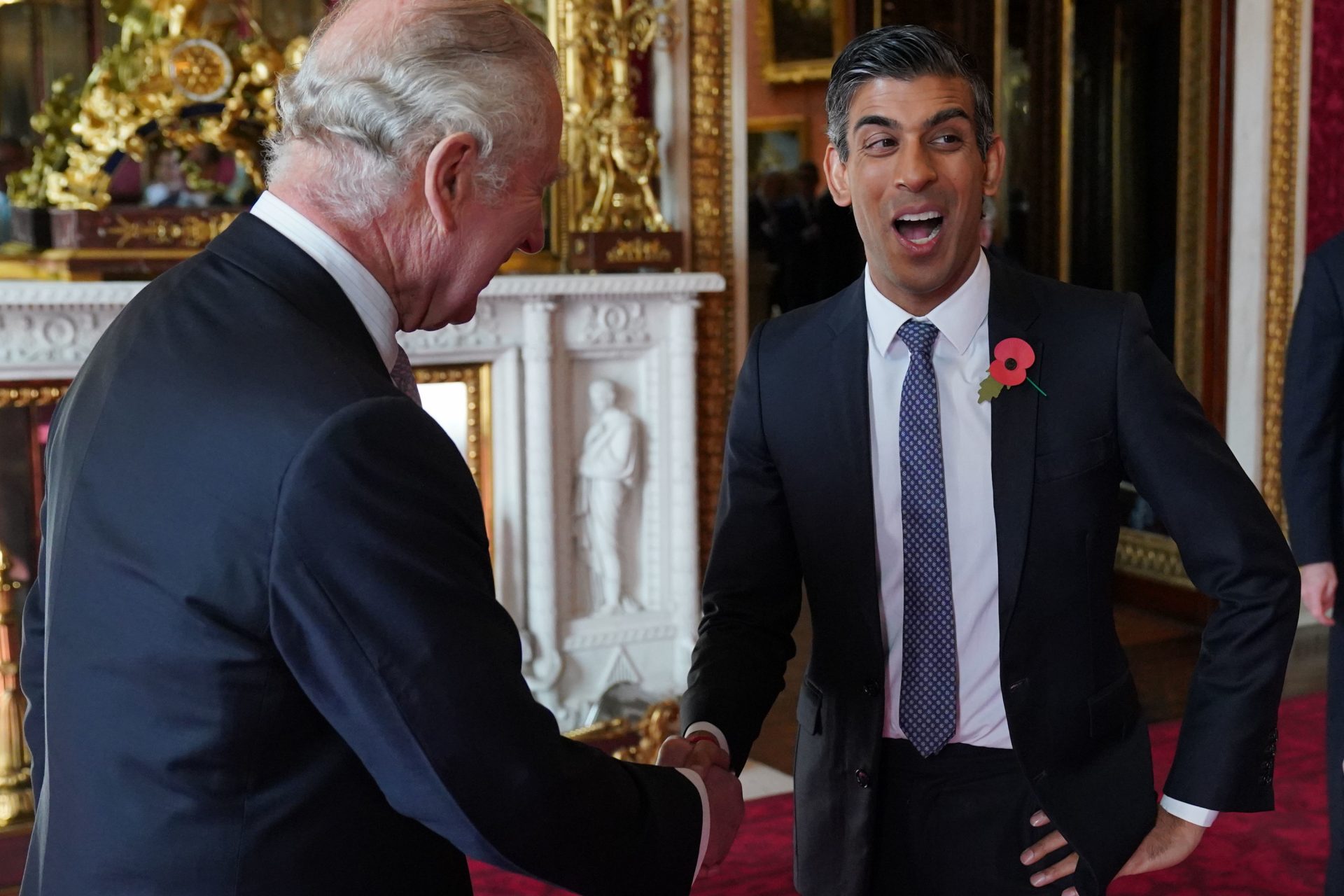Royal succession: is Charlotte or Louis 3rd in line to the throne?
Charlotte and Louis are the younger siblings of the future King of England, Prince George. They are the children of Prince William (1st in line to the throne) and his wife, Catherine, Princess of Wales. But which takes precedence when it comes to the crown?
The most common rule used in the past and still followed today by some monarchies is known as male-preference primogeniture. This means that the eldest son of the current monarch is the first in line to inherit the throne.
Under this rule, male heirs take precedence over their female siblings. This means that even if there are older sisters, a younger brother would still inherit the throne before them. In other words, would Louis take precedence over his older sister?
For many Europeans, this hierarchy due to gender has become outdated and, with keeping up with the times, this has been changed in the British Royal family. Now, it doesn't matter if the heir is born a male or female.
In 2013, the rules were updated to include absolute primogeniture. This means that gender is no longer a determining factor for royal succession. According to the royal website, this act applies to those born after 28 October 2011.
Despite this huge step towards equality, the royal succession acts still have a few interesting rules that perhaps even many British people themselves didn't know...
The Bill of Rights (1689) that was enforced due to a mishap when James I fled the country, leaving the throne wide open, states that 'succession to the throne can be regulated by Parliament, and that a Sovereign can be deprived of his/her title through misgovernment', according to the royal website.
Then, the Act of Settlement in 1701 stated that 'it was for Parliament to determine the title to the throne.' And we thought it was just a family bloodline...
It is still law that no Roman Catholic can take the throne and that the monarch must be 'in communion with the Church of England and must swear to preserve the established Church of England and the established Church of Scotland'. This was also the same for spouses, but was changed in 2013 and now the monarch or future monarch can indeed marry a Roman Catholic.
In the succession laws, it is still forbidden for the 6 next in line to the throne to marry without the monarch's permission. That's right, that means William would have had to ask the late Queen Elizabeth to marry Catherine; and Harry the same for his wife Meghan.
So, back to Charlotte and Louis - who takes precedence? Well, with Princess Charlotte's birth year being in 2015 (therefore after the 2011 cut off the act provided), it would mean she is further up the line of succession than her little brother, Louis.
As we know, Prince William is the first in line to the throne and he will be succeeded by his eldest child, Prince George. Currently (and until George has any children of his own), 8 year old Princess Charlotte is third in line and her younger brother, Louis (5), is fourth to take the spot.
Currently, following the Wales family, comes the brother of the future king: Prince Harry. He is fifth in line to the throne with his two children, Prince Archie and Princess Lilibet following after.
From then on, the family York would take the crown. Starting with the brother of the King, Andrew, then his eldest daughter and her daughter, Princess Beatrice & Sienna; and his youngest daughter and children, Princess Eugenie & August & Ernest.
Succession then moves onto the Edinburgh family - Prince Edward (youngest brother to the King) and his children, the Earl of Wessex and Lady Louise Windsor.
Most monarchies in Europe have eliminated the male-precedence order of succession, including: Belgium, Denmark, Luxembourg, Netherlands, Norway and Sweden. But there are some surprising countries that have not yet overturned these laws.
Believe it or not, despite many talks and back and forth regarding the topic, Spain still have not passed a law allowing female heirs to take precedence over their brothers. The infanta Leonor of Spain (daughter of the King Felipe VI) was born on 2005 and followed by a sister, Sofia. As yet, there is no male threat to Leonor taking the throne so, it seems, no real urgency in changing the law.
One of the wealthiest royal families in the world are sticking with old rules. The monarchy is currently headed by Albert II, Prince of Monaco. Although he has a 19 year old son, he did not marry the boy's mother - so he is out of the line of succession automatically. So, after his father comes Jacques, Hereditary Prince of Monaco and not his twin sister, Princess Gabriella (who was, in fact, born two minutes ahead of her brother!).
As the times change and monarchies must keep up to date with the world, it is possible that this act will be put into force in both Spain and Monaco. Just like little Princess Charlotte, does it mean Gabriella of Monaco would one day take the throne instead of her younger brother?






























